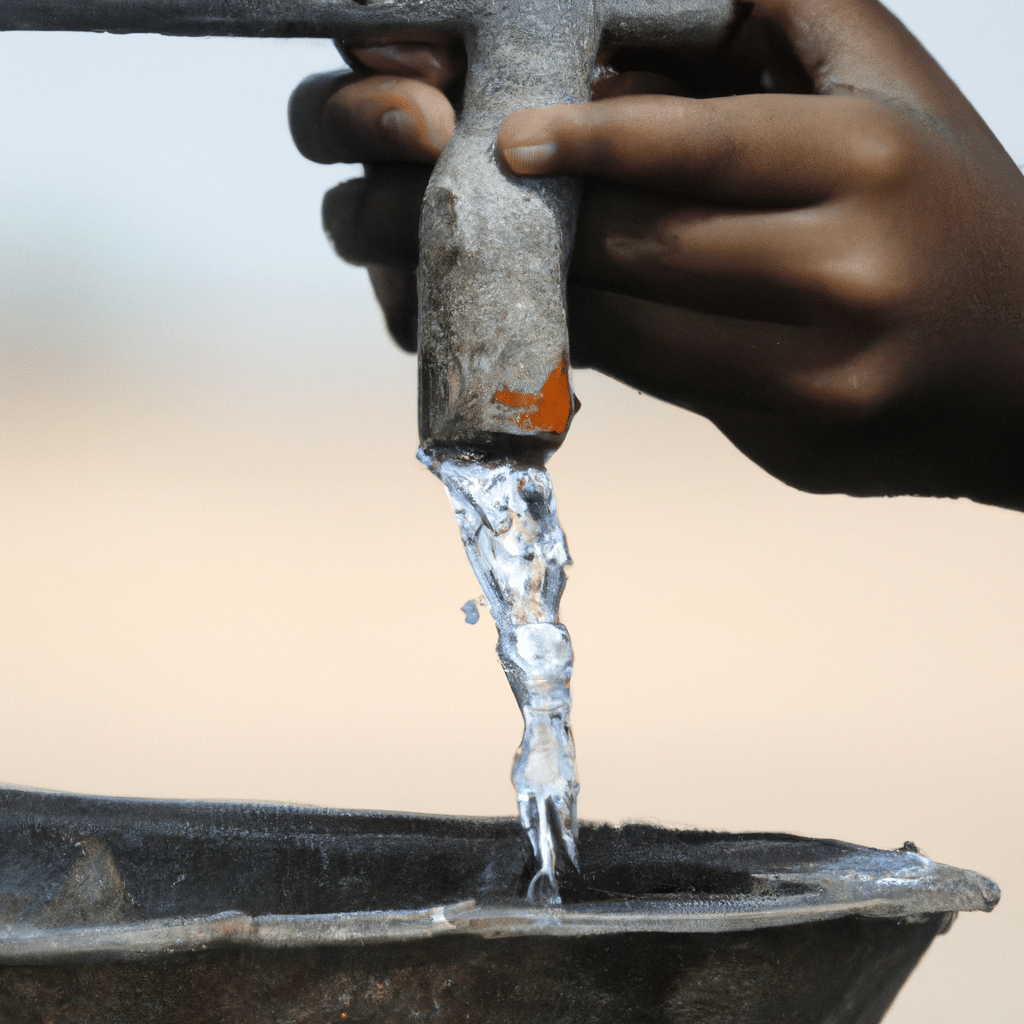INTRO:
The world is home to over seven billion people, many of whom do not have access to clean water. It’s a widespread issue that needs urgent attention and calls for increased awareness and improved access to clean water sources. This article will explore the bright side of water access and how the world can work together to make clean water a global right.
The Bright Side of Water Access
Access to clean water is a basic human right and vital for survival. In many developing countries, clean water can be scarce and hard to access, leading to a host of health-related issues. Despite these challenges, there is a bright side to water access – it can lead to an improved quality of life, greater economic development, and increased opportunities for education.
Having access to clean water means that people can have a better standard of living. It allows for better hygiene, which can help reduce the spread of diseases that are caused by contaminated water. It also allows for more consistent access to food, as it’s easier to grow and cook food when clean water is available. Not only does this provide a way for people to survive, but it also helps to create a better quality of life.
Making Clean Water a Global Right
In order to make clean water a global right, the world needs to come together and work towards a common solution. Governments, NGOs, and individuals all have a part to play in creating a system where clean water is accessible to everyone, no matter where they live.
One way to do this is to invest in infrastructure projects that will increase access to clean water. This could include building new water systems, repairing existing ones, and investing in water filtration systems. These investments can be costly, but they can have a huge impact on the lives of people who don’t have access to clean water.
Another way to make clean water a global right is to increase awareness and education about the importance of access to clean water. This can be done through campaigns, social media, and other forms of outreach. Education is key to improving access to clean water, as it can help to create a society that values clean water and understands the importance of protecting and conserving it.
OUTRO:
The issue of access to clean water is a pressing one and requires urgent attention. It’s a complex problem, and one that will take a collective effort to solve. By investing in infrastructure and increasing awareness, we can make clean water a global right and improve the quality of life for millions of people around the world.
